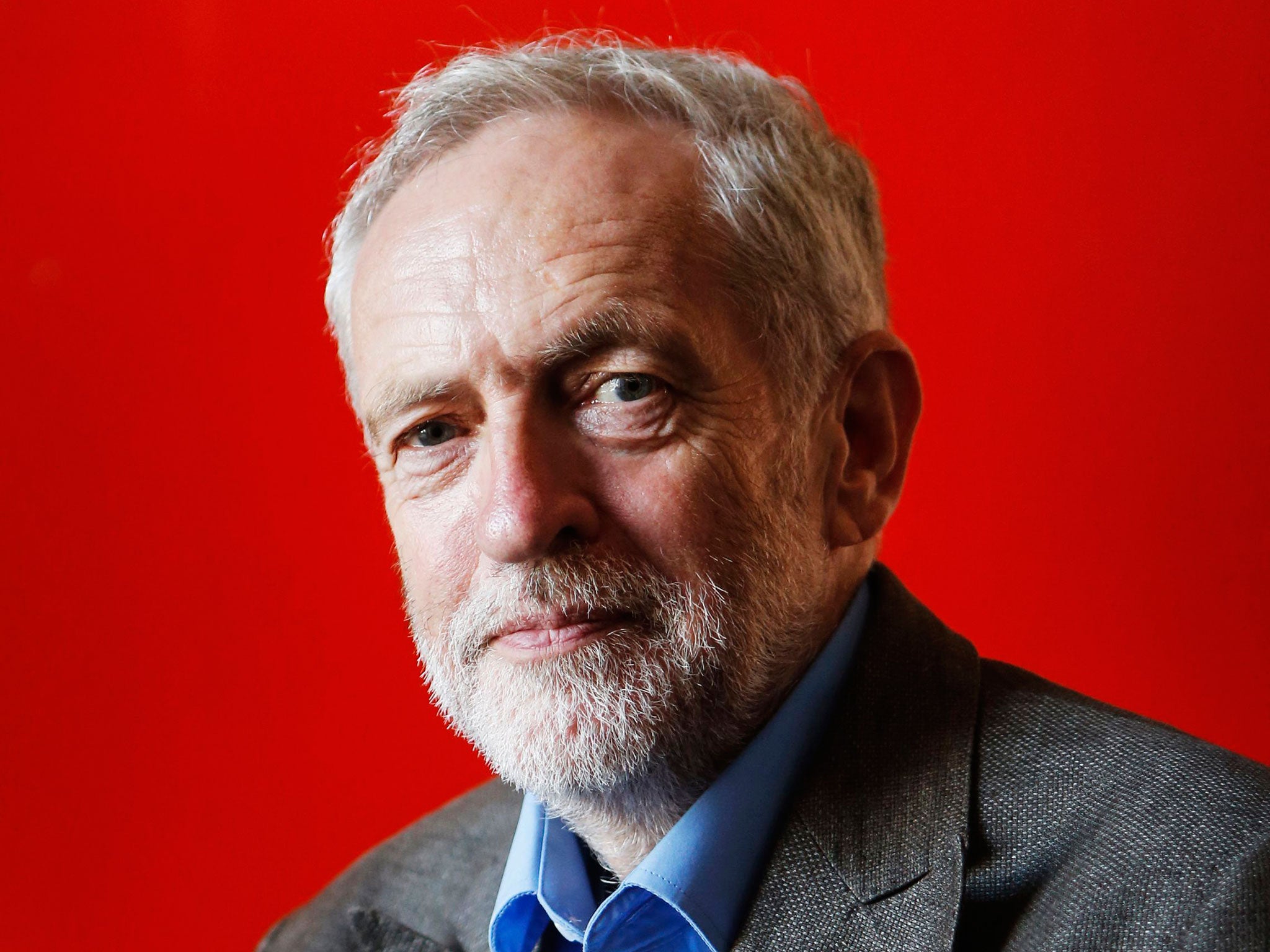Labour leadership contest: Whether Jeremy Corbyn wins or not, Labour faces a long time out of power
Inside Westminster: Blair's apocalyptic warnings over Corbyn had a touch of desperation


As I watched Tony Blair make a speech last month to his remaining fan club in the Progress think-tank, I had a strange feeling. On the face of it, the former Prime Minister made good sense, as he usually has done since I got to know him well when he was an eager frontbench beaver in the 1980s.
Yet as I listened attentively, I began to think that he might be out of time, that his intervention in the Labour leadership election could have the opposite effect to what he intended.
Of course, he was bound to warn the party not go back to the 1980s, that electing Jeremy Corbyn as leader would return it to the political wilderness from which he rescued it after 18 years in 1997. But Blair said two things which startled me, and which I believed would prove counter-productive: that he would rather lose the next election than win it on a left-wing programme, and that Labour members whose hearts are with Corbyn should “get a transplant.” I thought: the old tunes won’t work any more.
This week Blair intervened again, and was more apocalyptic, warning that Labour faced “annihilation” if Corbyn becomes leader. His message was heartfelt but had a touch of desperation, as he pleaded with party members “whether you used to support me or hate me.”
For the Blairites, these are indeed desperate times. As Blair acknowledged, the party has undergone “a partial takeover” in recent months.
How did it come to this? Turning Labour into a “one-member, one-vote” party was always seen by modernisers like Blair as a way of outgunning left-wing activists and diluting the power of the trade unions. At New Labour’s high point, membership doubled to 405,000. But Blair had no appetite for more internal party reforms when he became prime minister. He had a country to run, after all. It seemed that party modernisation was a one-way street. Now we know it is not.
Labour’s unreformed structures – with the unions having 50 per cent of the votes at the annual conference and a dominant role on the party’s national executive committee – could be used by Corbyn as leader to impose his will on Labour MPs, among whom he enjoys little support.
There is already much talk of a coup led by MPs a year into a Corbyn leadership, but the Unite union has strengthened its influence among the MPs and so an anti-Corbyn revolt cannot be taken for granted.
An inquest is already under way into the death of New Labour. Some of its senior figures blame Blair for not bringing on a natural successor; whenever he tried, they were mowed down by what the Blairites called “Gordon Brown’s combine harvester.” Other New Labour heavyweights gave up on politics.
Some blame the drift away from Blairism under Brown’s leadership, and a further leftward shift under Ed Miliband. The missing pieces of today’s Labour jigsaw are an estimated 100,000 mainstream members who walked away between the 2010 and 2015 elections, many feeling unwanted by Miliband. Conversely, many Labour members who quit over the Iraq War have now come back.
Miliband is also being blamed for a voting system that is likely to deliver victory to Corbyn. Ironically, it was a reaction to alleged attempts by Unite to fix a parliamentary selection contest in Falkirk. At the time, Blair welcomed the changes. I recall only two Blairites warning that opening up leadership elections to union members and registered supporters could backfire or be open to abuse – Lord Mandelson and Pat McFadden, the party’s Europe spokesman.
The reforms have now created a new party for a new generation. This week my son signed up as a registered Labour supporter “to vote for Jeremy Corbyn.” At first, I was miffed that he had ignored my advice. I had told him that under Corbyn, Labour would not pursue Miliband’s much-criticised “35 per cent strategy”, based on winning the Labour core vote plus disaffected 2010 Liberal Democrat voters. Instead, I warned, Labour could end up with 25 per cent of the votes at the 2020 election. But such apocalyptic warnings – from Blair, Liz Kendall, Yvette Cooper or me – cut no ice with those who have signed up to the Corbyn army. All that matters is that they believe in his clear, authentic anti-austerity message.
Soon I realised that I might well have done the same thing as my son at his age and smiled. As a rookie 25-year-old political journalist in 1981, I attended my first party conference and got caught up in the Corbyn-like excitement as I followed Tony Benn, the hero of the Labour left, around his packed fringe meetings.
Benn, who came within a whisker of winning Labour’s deputy leadership, was often accompanied by a disciple called…. Jeremy Corbyn. My views have matured with age but Corbyn deserves full marks for consistency. He is saying now exactly what he said then.
All week I have been unable to get a song out of my head – “All My Life’s a Circle”. Clearly, I have been writing too many articles about Labour going back to the 1980s and I need a holiday. The party is indeed going full circle. Perhaps the song will be Labour’s theme tune under Corbyn. Its last line is: “Let’s go round one more time.” That is what Labour is about to do.
Which means it will be a very long time before the party returns to power. There you are – yet another apocalyptic warning that will fall on deaf ears.
Join our commenting forum
Join thought-provoking conversations, follow other Independent readers and see their replies
Comments
Bookmark popover
Removed from bookmarks